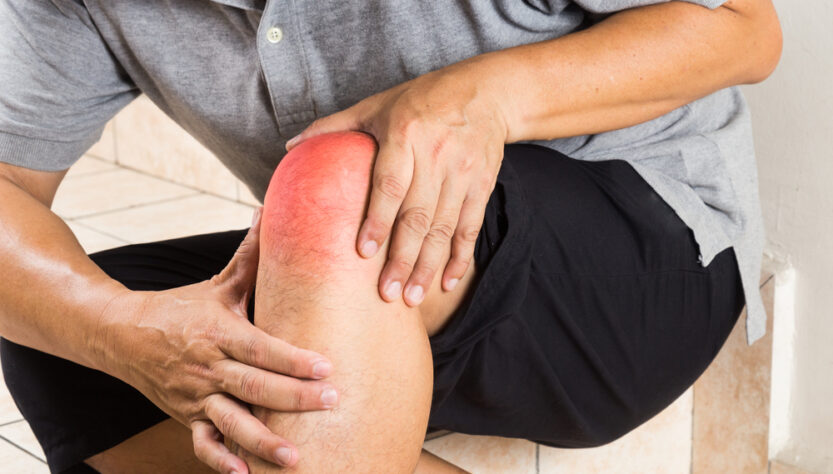Inflammation is the body’s natural reaction to damage or infection, and it plays an important part in healing. However, persistent inflammation may cause a variety of health problems, including heart disease, diabetes, and even cancer. Understanding how to successfully decrease inflammation is critical for sustaining overall health and well-being.
What is inflammation?
Before getting into reduction approaches, it’s important to understand the principles of inflammation. Inflammation is the body’s protective reaction to potentially damaging stimuli such as germs, damaged cells, or irritants. It involves a complicated series of biochemical reactions designed to eliminate the offending substance and initiate tissue restoration.
Tapentadol 200mg is a larger dose of the medicine used to treat moderate to severe pain. Tapentadol 200mg, like the 100mg dosage, is an opioid analgesic. Its mode of action includes binding to the mu-opioid receptor and blocking norepinephrine reuptake, resulting in dual pain relief benefits.
Types of Inflammation
There are two forms of inflammation: acute and chronic. Acute inflammation is a short-term, localized reaction that usually disappears within a few days. Chronic inflammation, on the other hand, lasts a long time and may lead to a variety of chronic disorders.
Lifestyle Strategies for Inflammation Reduction
Diet
Diet has an important function in controlling inflammation levels in the body. A diet high in anti-inflammatory foods, such as fruits, vegetables, fatty fish, nuts, and seeds, may help decrease inflammation. These foods are high in antioxidants and omega-3 fatty acids, which have strong anti-inflammatory qualities.
Exercise
Regular physical exercise is another key component of inflammation control. Exercise helps to regulate the immune system and decreases the generation of pro-inflammatory chemicals. To get the most out of your workout, combine aerobic, strength, and flexibility activities.
Stress Management
Chronic stress may aggravate inflammation by increasing the release of stress hormones such as cortisol. Meditation, deep breathing exercises, yoga, and spending time in nature are all stress management practices that may help reduce inflammation.
Tapentadol 100mg is a medicine used to relieve moderate to severe pain. It is an opioid analgesic. The major method of action is to bind to the mu-opioid receptor and impede norepinephrine reuptake. This multimodal mechanism helps manage pain by influencing both the opioid and noradrenergic pathways.
Supplements for Inflammation Reduction
In addition to lifestyle changes, certain supplements have been demonstrated to have anti-inflammatory properties. This includes:
Omega 3 Fatty Acids
Fish oil supplements include Omega-3 fatty acids, which have significant anti-inflammatory benefits. Supplementing with omega-3s may help balance the body’s omega-6 to omega-3 ratio, lowering inflammation and improving general health.
Turmeric/Curcumin
Turmeric, a spice often used in traditional medicine, includes curcumin, a molecule with potent anti-inflammatory effects. Turmeric or curcumin extracts may help decrease inflammation and symptoms of chronic inflammatory diseases.
Buy tapentadol online is a centrally acting analgesic (pain reliever) that treats moderate to severe pain. It is classed as an opioid analgesic and comes in both immediate and extended-release forms. Tapentadol binds to mu-opioid receptors in the central nervous system and inhibits norepinephrine reuptake.
Probiotics
The gut microbiota controls inflammation throughout the body. Supplementing with probiotics, which are helpful bacteria that promote gut health, may help maintain a healthy gut flora balance and decrease inflammation.
Conclusion
Reducing inflammation is critical for improving overall health and avoiding chronic diseases. Individuals can effectively modulate their body’s inflammatory response and improve their well-being by incorporating lifestyle strategies such as a healthy diet, regular exercise, and stress management, as well as anti-inflammatory supplements such as omega-3 fatty acids, turmeric, and probiotics.
